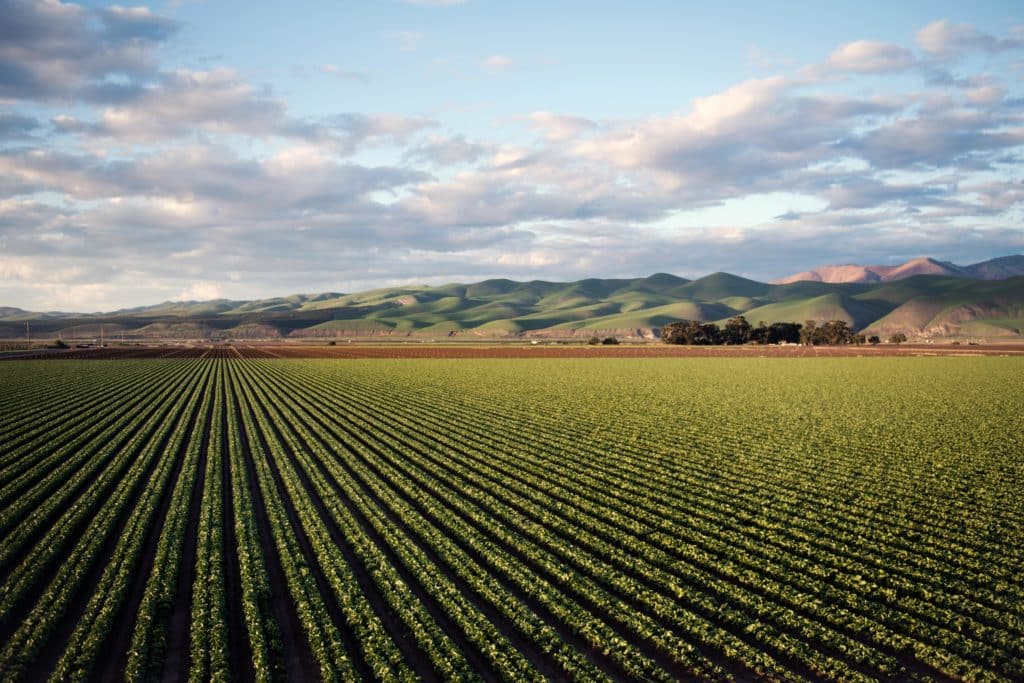Taking over a farm: administrative procedures
Taking over a farm is a complex process that requires support through the many administrative and legal procedures involved. This process is crucial to ensuring that the project of setting up and taking over the business is carried out under the best possible conditions. This article sets out the main steps involved in taking over a farm.

Drawing up your economic study
A solid, well-structured economic study is essential for presenting your project to potential financial and institutional partners. This study is all the more important as it will be your main tool in the search for funding, so it’s a crucial stage that shouldn’t be neglected.
Search for financing
Taking over a farm often requires substantial investment. So it’s vital to look for finance. To back up this study, we provide our expertise by supplying you with a complete presentation file of the targeted farm, which is a concrete technical support to present, in addition to your study, to your banking partners.
In most cases, a complete and solid application will ensure a rapid and positive response from your banking partners,
which will give you a strong argument with the seller in the event of competition.
The main sources of funding may include :
- Bank loans: Banks offer specific agricultural loans.
- Public subsidies: Financial assistance is available through the European Union’s Common Agricultural Policy (CAP), the Young Farmers’ Grant (DJA) and national and regional grants.
- Other: Partial exemption from professional contributions for 5 years for young farmers (aged between 18 and 40).

Training and qualifications
To take over a farm, it is advisable to have an appropriate level of training, such as the Brevet Professionnel Responsable d’Exploitation Agricole (BPREA) or a level IV agricultural diploma. These qualifications may be required in order to qualify for certain forms of support, particularly for young farmers.
Want to find out more? Read all our advice!

Structural control and SDREA
To obtain authorisation to farm, you need to submit a form to the DDT (Direction Départementale des Territoires) in the département where your farm is based. Also in France, each region has its own Schéma Directeur Régional des Exploitations Agricoles (SDREA), which sets out the conditions under which different types of farming can be carried out.
Acquisition of the business
Land can be purchased, leased and/or taken over on a tenant basis. The choice depends on financial resources and long-term objectives. In the case of a purchase, it is essential to :
- The signing of a provisional sale agreement and/or a rural lease agreement.
- Notification of the transaction to the SAFER (Société d’Aménagement Foncier et d’Établissement Rural), which has a right of information about transactions and/or a right of pre-emption over land and farms.
- Confirmation of the final deed of purchase.

Business registration and tax aspects
It is compulsory to declare the farm to the tax authorities and the Mutualité Sociale Agricole (MSA). This includes :
- The declaration of existence of the farm to the MSA, for social protection and contributions for farmers.
- Register with the Centre de Formalités des Entreprises (CFE) to obtain a SIRET number, which is required for all administrative procedures.
ICPE approach
Depending on the farming activity, it may be necessary to obtain specific permits depending on the nuisance or pollution generated, such as those relating to the environment, in particular compliance with ICPE (Installations Classées Pour l’Environnement) standards.
ICPEs are divided into 3 categories:
- Declaration: for activities involving the least risk and/or pollution. This involves a simple declaration to your local prefecture.
- Registration: designed as a simplified authorisation for sectors where the technical measures to prevent inconvenience are well known and standardised.
- Authorisation: for facilities presenting the greatest risks and/or pollution.
The operator must apply for authorisation before commencing operations, demonstrating that the risk is acceptable. The Prefect may authorise or refuse operation.

Follow-up and support
Once you’ve set up, it’s a good idea to be monitored by a variety of people (chamber of agriculture, management centres, production technicians, etc.). This gives you practical advice, access to ongoing training and the chance to keep abreast of regulatory and technical developments.
Taking over a farm in France is a rigorous process, requiring meticulous preparation and numerous administrative formalities. By surrounding yourself with the right partners and respecting the procedures, you can start this new adventure with confidence and serenity. Support and guidance from agricultural institutions and professionals in the sector, such as Quatuor Transactions, is a major asset for a successful start-up!
Haven’t found your farm yet? Contact us!
Ask us about your project and benefit from our 20 years of experience in the field.
